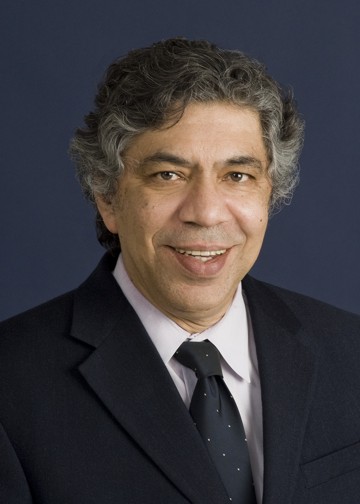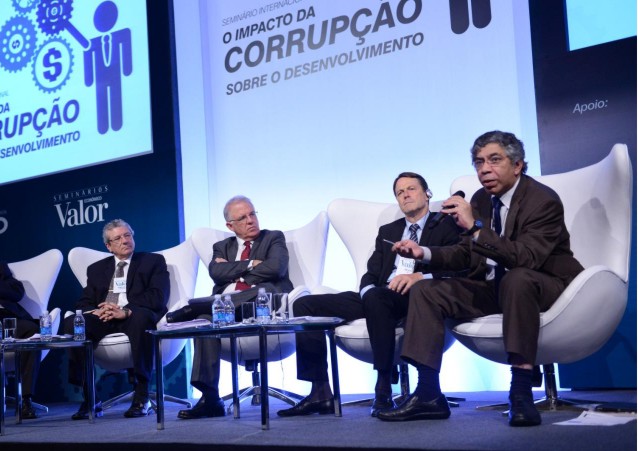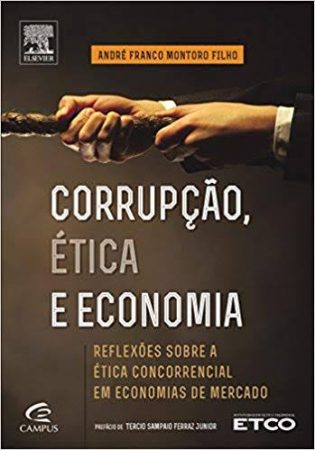Laws such as fiscal responsibility were a major step forward. But there are others waiting, like the one that punishes the corrupters and the one that legalizes the action of the lobbyists.
Corruption is a factor underlying multiple distortions in the economy. It leads to reduced revenue and increased public spending. It causes damage to society, deprives the poorest of public policies and exacerbates social inequalities. It causes loss of competitiveness of companies. It strengthens the culture of leniency and connivance with situations of transgression.
In its most succinct definition, corruption is the use of a public position for private benefit. In order to prevent the action of corruptors and the corrupt, one must initially analyze the factors that contribute to corruption.
In Brazil, the main “triggers” reside in bureaucracy, high tax burden, complexity in paying taxes, perception of impunity and lack of awareness by society about business ethics.
The cost of corruption can be measurable. The National Confederation of Industry (CNI) estimates that if a country loses $ 1 million in resources diverted from its destination, the loss to the economy as a whole is $ 3 million. This is because the loss is not limited to the unapplied resource. The country is also left without what could result in economic activity resulting from it.
In addition, the impact on the economy is not just internal. The country's external image can be harmed, driving investors and creditors away.
According to the ranking of perception on corruption organized by Transparency International, Brazil is in 73rd place, among 180 countries. This situation also caught the attention of the World Bank. Otaviano Canuto, vice president and director of the entity for Poverty Reduction and Economic Administration, recalls that prevention is done with three basic points: strengthening institutions, transparency and accountability.
In this sense, Brazil advances with the Fiscal Responsibility Law, with the Transparency Portal and with the 8.666 law, which determines that untrue companies cannot be hired by any government agency.
The approval of the Proposed Amendment to the Constitution that creates Ethics Councils in Legislative Assemblies and Municipal Councils will mean a great leap in the path of transparency.
Bill 6826/10 (Anticorruption Law), which establishes punishments for companies that commit unlawful acts against public administration, is also being processed in the Chamber of Deputies. As deputy Carlos Zarattini, PL rapporteur, recalls that among 34 countries studied by the OECD, Brazil is one of three that does not have specific legislation to punish corruptors.
Another possible route is the legalization of the lobby. Congress today houses eleven bills on this. With legalized lobbying, achievements from a specific sector can be shared with all other sectors of the economy.
An environment of unfair competition and opacity in relationships encourages corruption. Serious and articulated measures in the direction of transparency and democracy, such as those listed here, among many others, are the greatest assets to end the "facilities" and create an environment conducive to economic and social development. Healthy and without corruption.
ROBERTO ABDENUR, 70, is a diplomat and executive president of the Brazilian Institute of Ethics in Competition.








